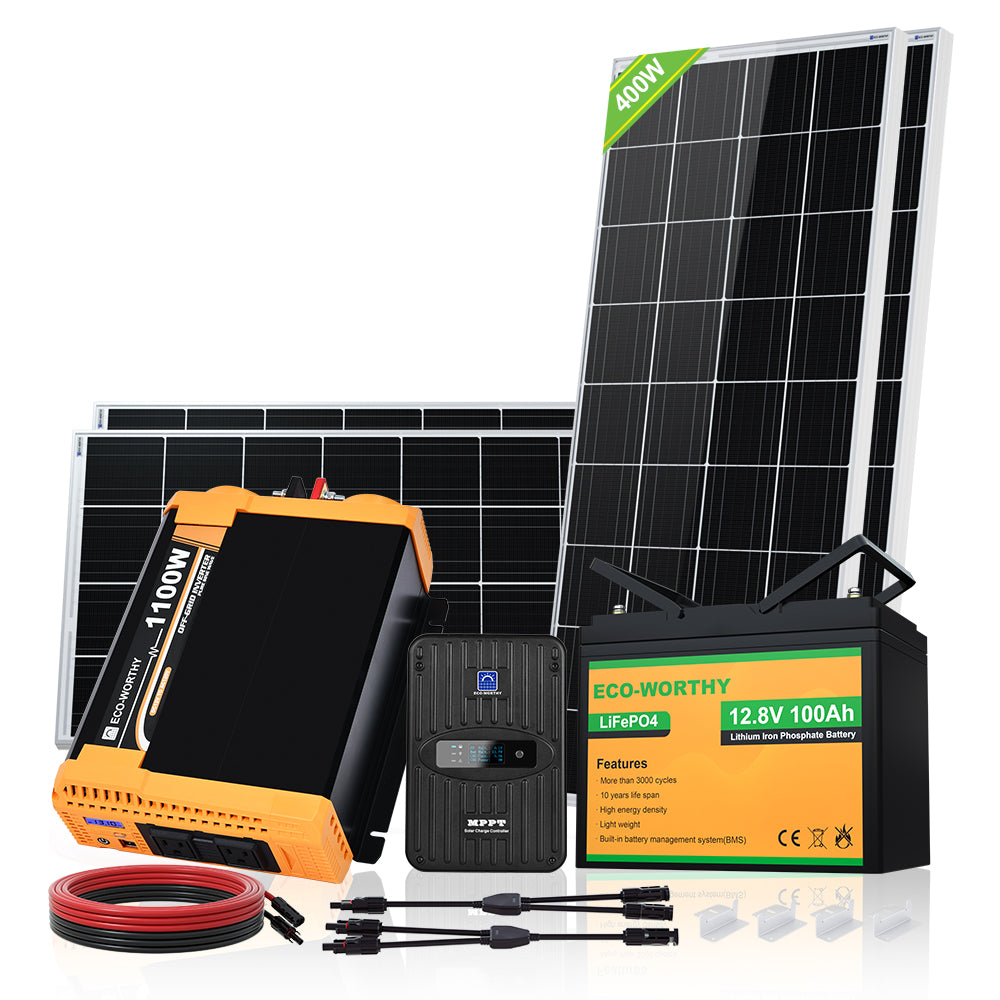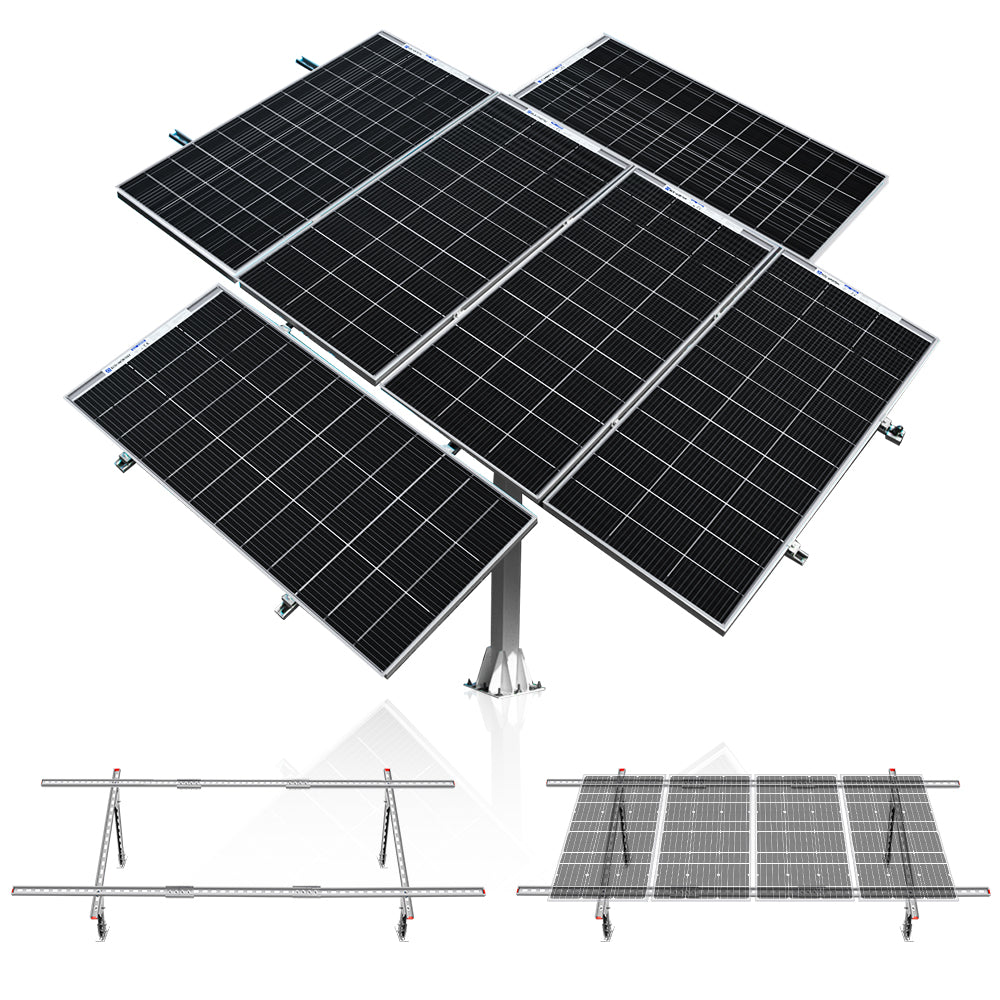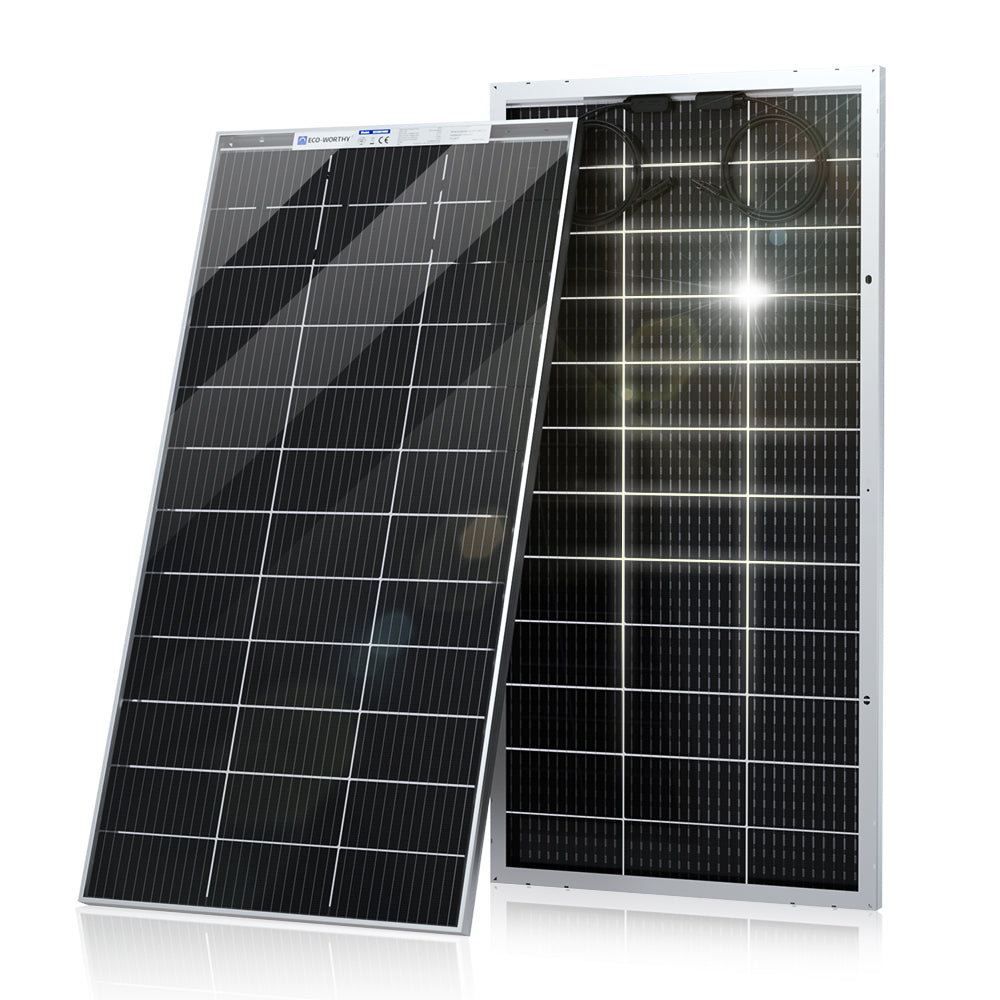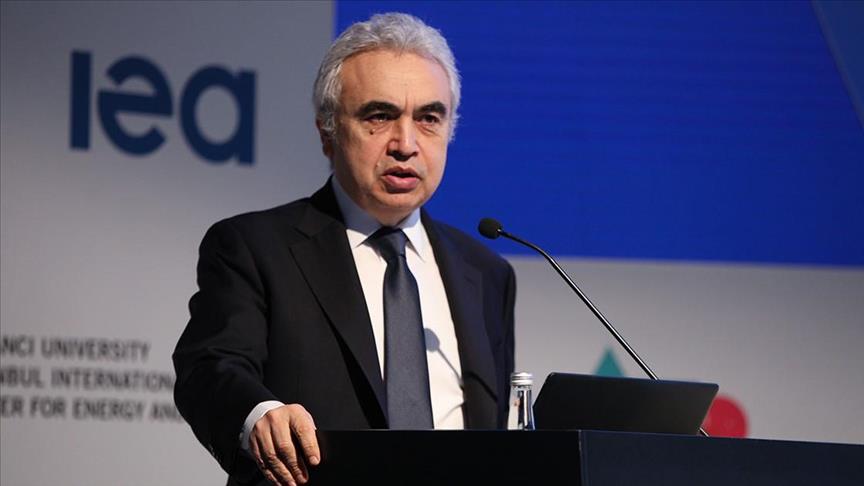The International Energy Agency today published a 10-point plan for Europe to reduce its reliance on natural gas imported from Russia. The plan would see Russian gas imports to EU member states reduced by one third within a year, and notes that further reductions within this timeframe would come with significant tradeoffs, likely to impact both energy prices and Europe’s Green Deal. The plan was presented by Fatih Birol, executive director of the IEA
Russia’s action is sure to have long lasting implications for the world’s energy supply. And for Europe in particular, which imported 155 billion cubic meters (bcm) of Russian natural gas in 2021 – 45% of the European Union’s gas imports and around 40% of its total gas consumption.
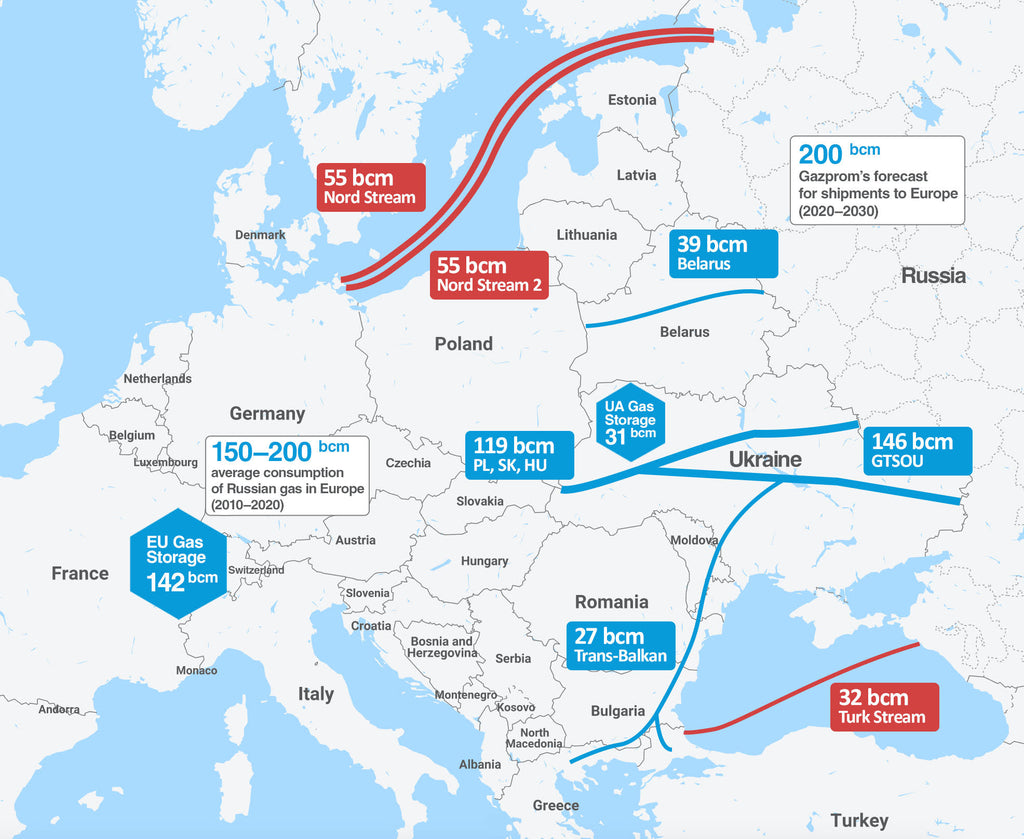
Europe’s reliance on natural gas, primarily for heating, is set to decline over the coming decades in line with net zero targets enshrined across the continent. However, the crisis in Ukraine has quickly highlighted the need for faster action not only in the name of climate protection but to ensure a secure and reliable energy supply.
In terms of immediate energy supply to Ukraine, Barbara Pompili, Minister for Ecological Transition of France, which currently holds the EU Presidency, stated in a press conference today that Ukraine is no longer connected to Russia’s electricity grid, and that European grid operator ENTSO-E is expected to complete the country’s connection the European network within 15 days. Scatec Solar has also said it is ready to resume delivering power from the 336MW of currently curtailed PV that it owns in the country, and that it is able to operate these plants remotely.
Looking ahead to next winter and further, the International Energy Agency today published a 10-point plan by which it says Europe could reduce its imports of Russian gas by one third within a year, without compromising goals set out in the European Green Deal or risking major energy price increases. “Nobody is under any illusions anymore. Russia’s use of its natural gas resources as an economic and political weapon show Europe needs to act quickly to be ready to face considerable uncertainty over Russian gas supplies next winter,” said IEA Executive Director Fatih Birol. “Europe needs to rapidly reduce the dominant role of Russia in its energy markets and ramp up the alternatives as quickly as possible.”
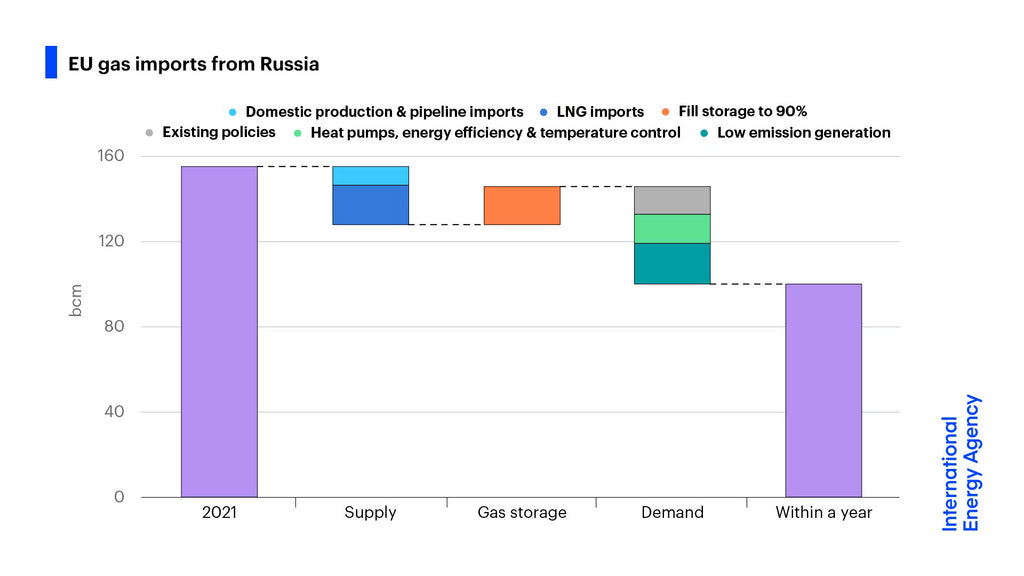
Birol presented the 10 point plan, alongside Pompili and European Commissioner for Energy Kadri Simson, in a virtual press conference earlier today. First among the IEA’s suggestions are not signing any new supply contracts with Russia, securing alternative sources of gas, and to increase gas storage levels over the summer to provide an adequate buffer during the heating season. The agency notes that contracts with Gazprom covering more than 15 bcm are set to expire in 2022. During the press conference Birol noted Azerbaijan and Algeria as potential key sources of replacement supply.
Accelerating renewables
Speeding up the development of wind and solar projects is fourth on the IEA’s to-do list for Europe, its analysis finds that tackling permitting delays alone could put an additional 20TWh of electricity onto Europe’s grids over the next year, while investing €3 billion in incentives covering part of the installation cost for residential PV could add another 15 TWh. The IEA estimates these two measures combined could reduce gas use by 6bcm.
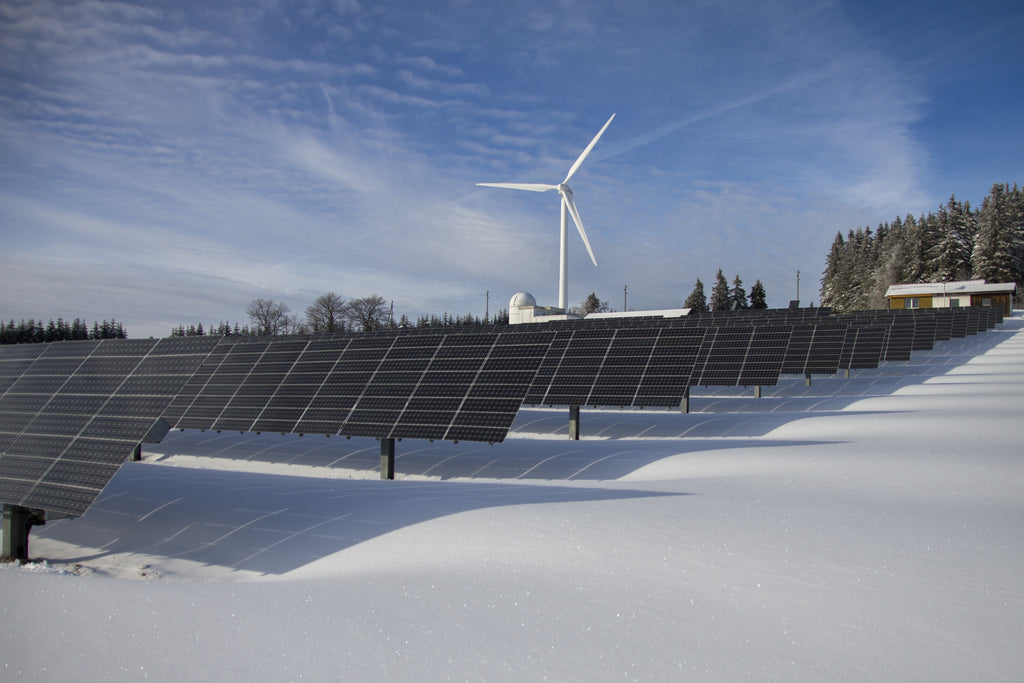
They also recommend delaying the planned closure of four nuclear reactors, and bringing reactors taken offline for maintenance and safety checks back up, as well as increasing the use of existing biomass power plants, which were estimated to have run at 50% capacity in 2021.
Electrification
Speeding up the adoption of heat pumps to replace gas boilers, and implementing new energy efficiency measures in buildings could cut 4bcm of gas demand this year. Further a move away from gas in supplying flexibility to electric grids, and boosting long and short-term energy storage, demand response and other alternatives to decouple gas from the electricity network could significantly cut gas demand, though it warns that “EU member states need to ensure that there are adequate market price signals to support the business case for these investments.”
This article is republished from pv-magazine, Read the original article

